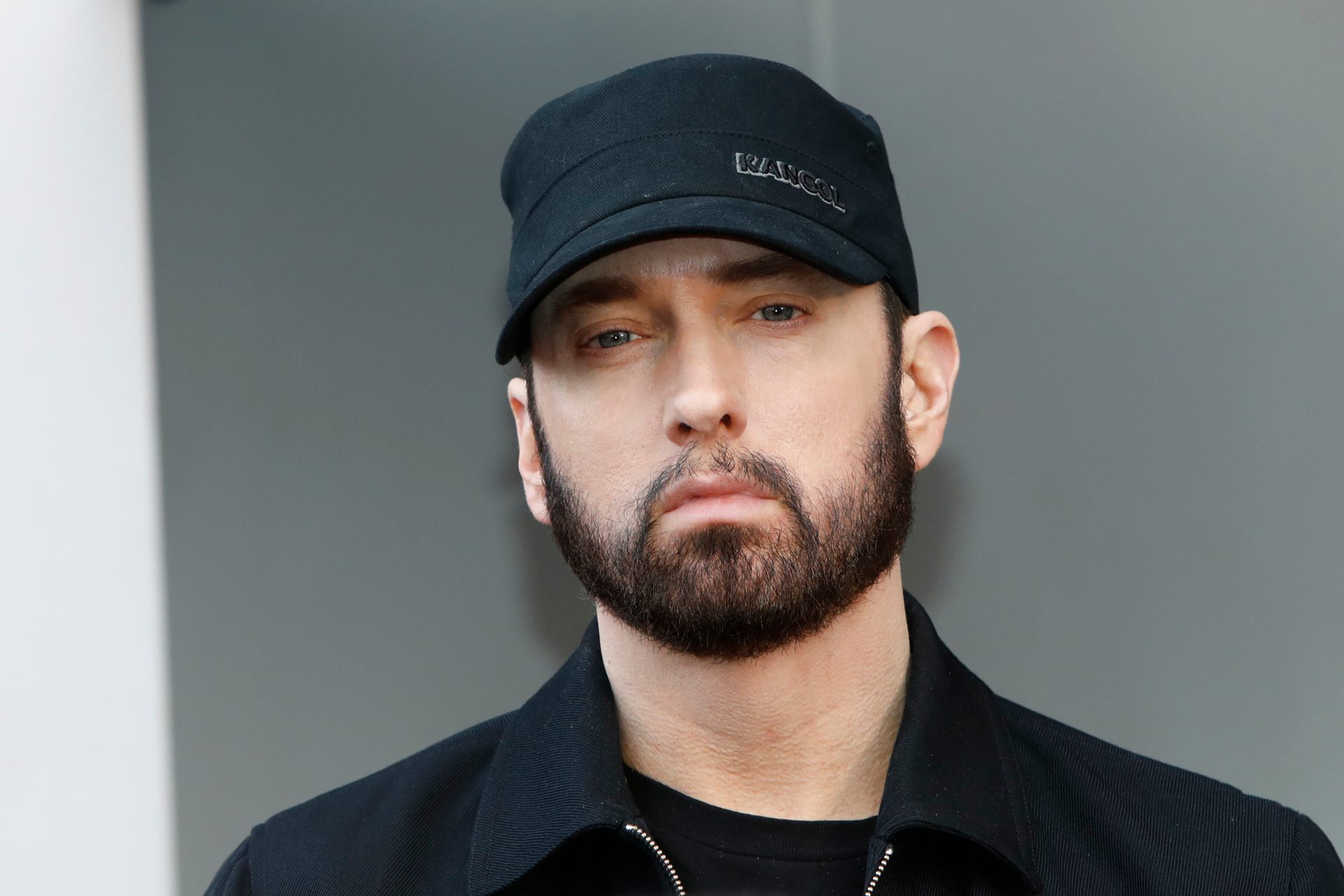Renowned rap artist Eminem has stepped into the political arena, sending a clear message to aspiring Republican presidential candidate Vivek Ramaswamy: stop using his music for political purposes. This development comes after Ramaswamy, a biotech entrepreneur aiming to challenge the presumed 2024 Republican nominee Donald Trump, performed Eminem’s hit track “Lose Yourself” at a campaign stop on August 12 at the Iowa State Fair.

In an official letter dated August 23, Eminem, whose real name is Marshall Mathers III, reached out through the music rights organization BMI to voice his objection. The cease-and-desist letter communicated Eminem’s disapproval of the Ramaswamy campaign’s unauthorized use of his “musical compositions.” It also emphasized that any future performance of Eminem’s works by the Vivek 2024 campaign would be considered a “material breach” of the licensing agreement.
In response, a spokesperson for Ramaswamy conveyed his compliance with Eminem’s request. The candidate, who seeks to unseat Donald Trump as the Republican nominee, expressed his respect for Eminem’s stance.
This clash between a music icon and a political aspirant underscores a longstanding issue where musicians’ creations are unwittingly dragged into the world of politics. In the past, Bruce Springsteen reprimanded President Regan for planning to use “Born in the USA” in the 1984 election, Fatboy Slim castigated Labour’s use of “Right Here, Right Now” at their 2004 conference the year following the Iraq War, and The Rolling Stones have battled with Donald Trump in an effort to prevent him from using “You Can’t Always Get What You Want” as his walk-off anthem.
In the United States, politicians often obtain music licenses from organizations such as BMI and ASCAP, granting them access to a vast library of songs for campaign events. However, artists retain the authority to revoke their music from these lists. Eminem’s decision to revoke his music from political use showcases the complexities inherent in such arrangements.
Interestingly, the incident highlights a quirk in the US model where artists may only be aware that these blanket licenses cover their music once it’s played at an event. This lack of proactive consent has prompted artists like Adele, Neil Young, and others to voice objections after the fact. The situation contrasts with the clearer guidelines in the UK, where political events require direct permission from rights holders before utilizing copyrighted music.
Eminem’s stance against the political use of his music aligns with the broader conversation about artists’ rights and creative control. It marks a departure from previous instances, such as when he allowed his song to be featured in an ad for then-presidential candidate Joe Biden in 2020.
For now, this clash serves as a reminder that the power of music extends beyond entertainment, often becoming a focal point in the complex world of politics.























